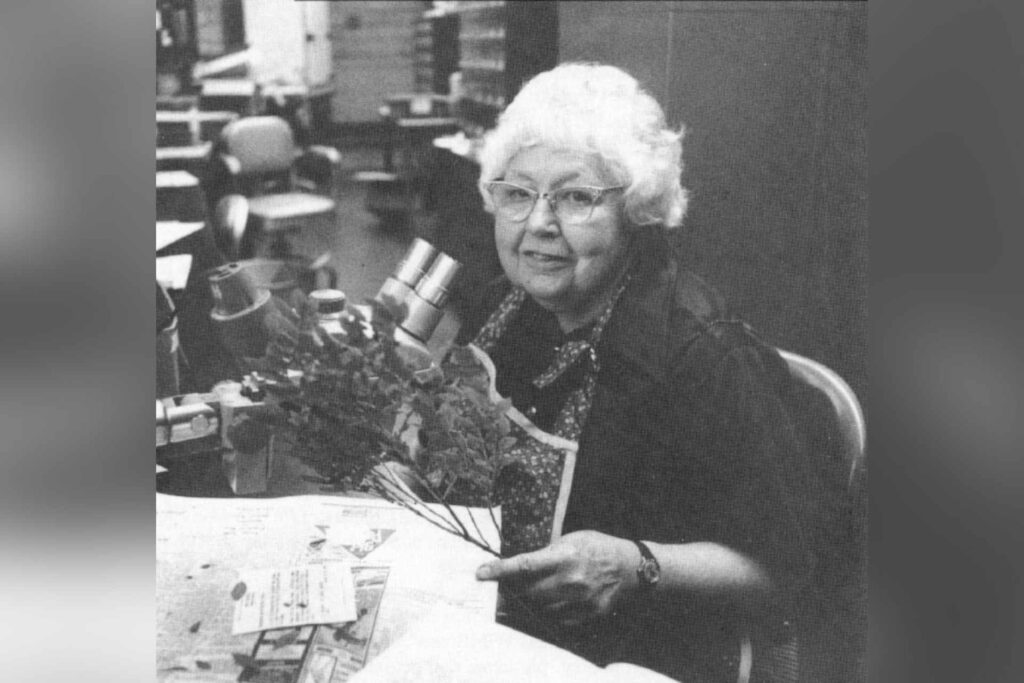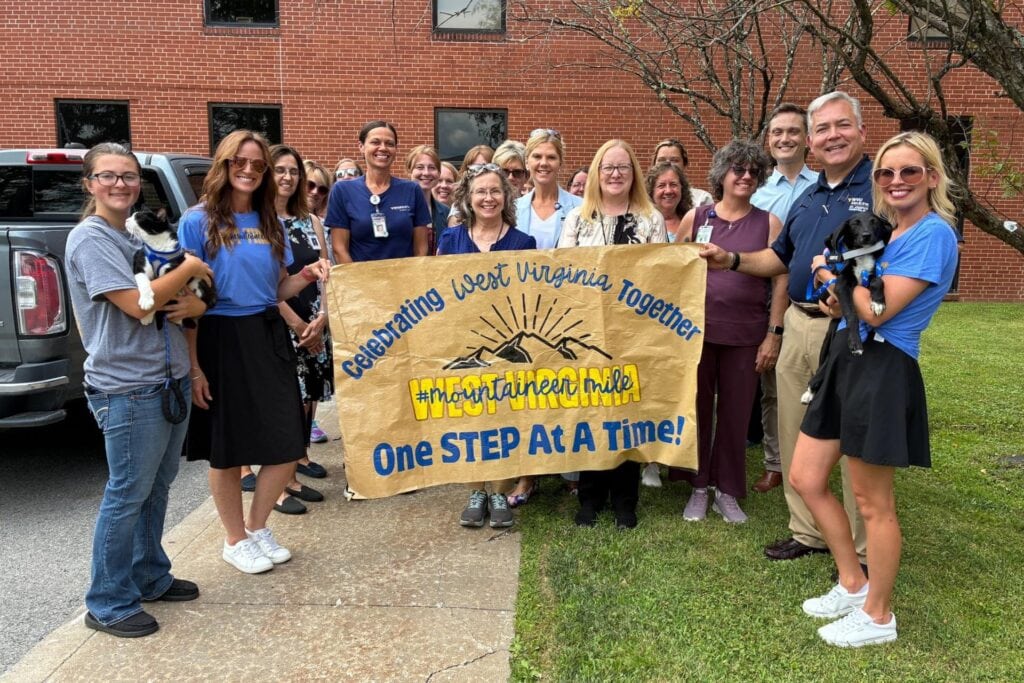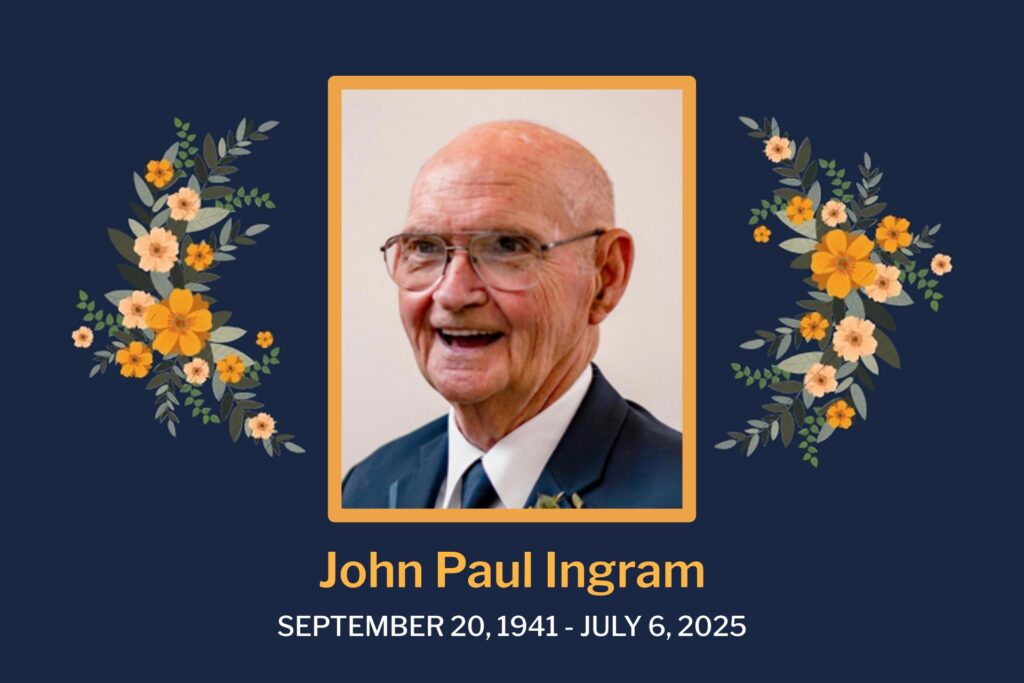CHARLESTON, W.Va. – The following events happened on these dates in West Virginia history. To read more, go to e-WV: The West Virginia Encyclopedia at www.wvencyclopedia.org.
June 13, 1861: The Second Wheeling Convention began in the federal courtroom of the Wheeling Custom House. This convention declared the Confederate state government in Richmond illegal; created a Reorganized Government of Virginia loyal to the United States; elected Francis Harrison Pierpont governor of Virginia; and called for the western counties to be formed into a new state.
June 13, 1928: Mathematician John Forbes Nash Jr. was born in Bluefield. In 1994, Nash was honored with the Nobel Prize in Economics. He was the subject of a best-selling biography, “A Beautiful Mind,” which was later made into a movie.
June 14, 1912: Botanist Elizabeth Ann ‘‘Betty’’ Bartholomew was born in Wheeling. Bartholomew was instrumental in building the dried plant collection at West Virginia University from 30,000 to 140,000 specimens, and she initiated a 2,000-plant seed collection.
June 15, 1880: Musician Blind Alfred Reed was born in Floyd County, Virginia, though he spent most of his life in West Virginia. He composed and recorded some of the most creative topical country songs on Victor Records between 1927 and 1929.
June 15, 1963: The Cass Scenic Railroad took its first passenger trip during the state’s Centennial celebration.
June 16, 1842: Margaret Agnew Blennerhassett, wife of Harman Blennerhassett, died in poverty in New York City. She lived from 1800 to 1806 in a grand 16-room mansion she and her husband had constructed on an Ohio River island near present Parkersburg. She and her son, Harman Jr., were reburied on Blennerhassett Island in 1996.
June 17, 1813: General Thomas Maley Harris was born at present Harrisville. He rose to prominence after the Civil War, when he served on the military commission that tried conspirators who acted with John Wilkes Booth in the assassination of President Abraham Lincoln.
June 17, 1916: The West Virginia High School Athletic Association was organized at Charleston with 11 charter members. The name of the organization was changed to the West Virginia Secondary School Activities Commission in 1955.
June 17, 1961: A Wayne County bridge was named in honor of TV newsman David Brinkley. The condition of the bridge had become a news item during the 1960 presidential primary; state officials closed the bridge, repaired it, and invited Brinkley to return for the ceremony to officially name it the “Brinkley Bridge.”
June 18, 1937: Jay Rockefeller was born in New York City. He became West Virginia’s 29th governor in 1977, and in 1984, he was elected to the U.S. Senate.
June 18, 1944: It’s Wheeling Steel aired its last program. A half-hour musical variety radio program that drew upon talented Wheeling Steel employees and families, the show ran eight years and was broadcast nationally.
June 19, 1905: Senator Rush Dew Holt was born in Weston. At 29, Holt was the youngest person ever elected to the U.S. Senate, earning him the nickname ‘‘Boy Senator.’’ Since the Constitution sets 30 as the minimum age for senators, Holt had to wait until his birthday in June 1935 to take his seat, nearly six months into the 74th Congress.
June 19, 1909: Oak Park, an amusement park in Preston County, opened. The park was an easy ride from Morgantown, and helped to fill up trains on weekends and holidays. On one summer day in 1909, 14 trains brought more than 4,000 people to the park.
e-WV: The West Virginia Encyclopedia is a project of the West Virginia Humanities Council. For more information, contact the West Virginia Humanities Council, 1310 Kanawha Blvd. E., Charleston, WV 25301; (304) 346-8500; or visit e-WV at www.wvencyclopedia.org.

Senator Rush D. Holt 
Gen. Thomas M. Harris 
Newsman David Brinkley at the dedication of the Brinkley Bridge, June 17, 1961. 
John Forbes Nash 
Oak Park 

Cass Scenic Railroad State Park



















